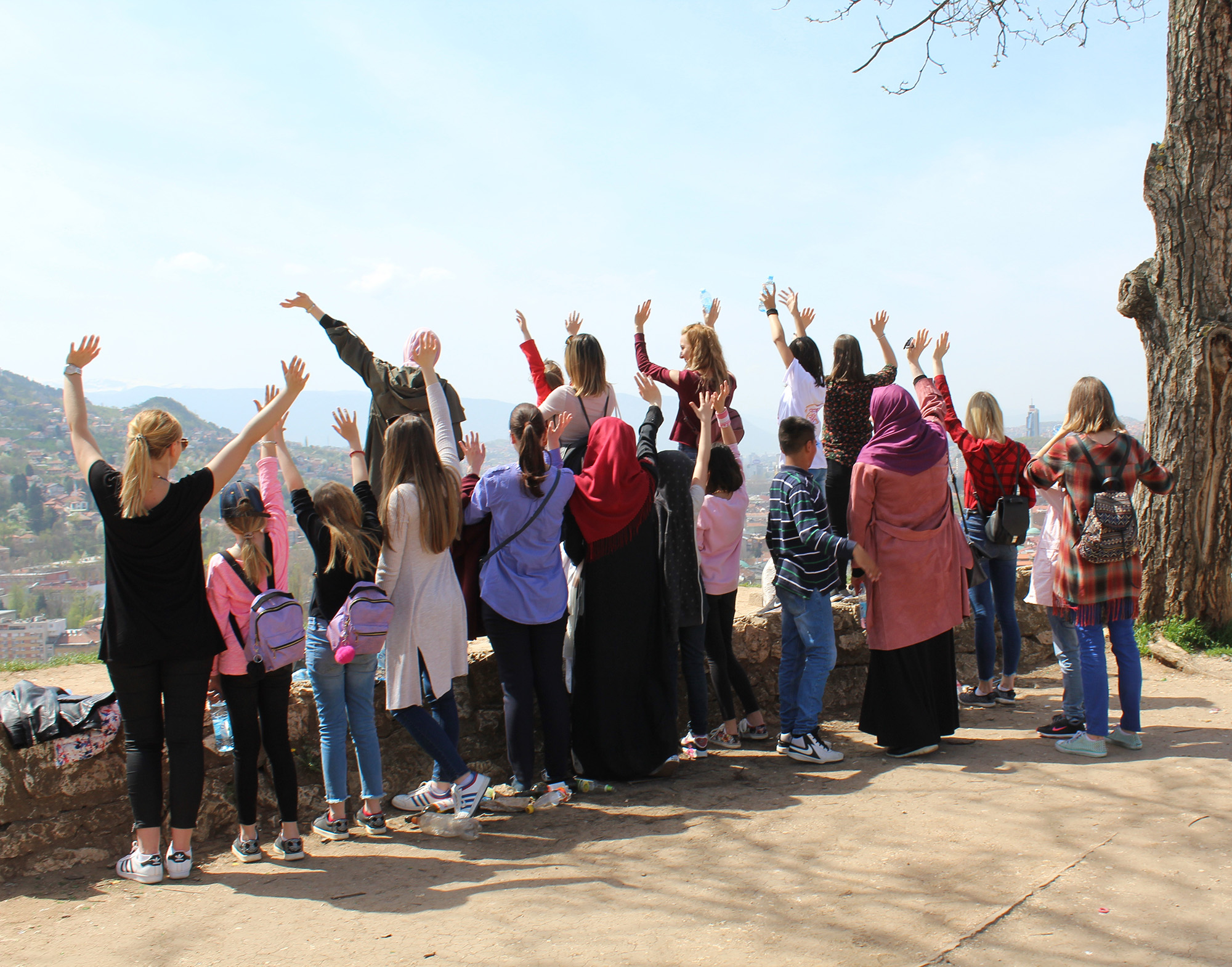Older brother, older sister is a mentoring program through which volunteer (older brother/sister) and child (younger sister/brother) are connected with the aim of developing caring and supporting relationships. The aim is accomplished by two means: by work of a volunteer with a child and by work of a professional with a volunteer. Volunteers are being empowered for mentoring work with children and they are putting their free time to good use, and so they have a chance of improving their social skills.
In the program Older brother, older sister children are individually socializing with the volunteers who are to become their models for adopting socially acceptable behavior and their support in developing children’s life skills. During their activities, kids prefer the most going to movies, walking, going for a cake, bowling, swimming, ice skating, and what especially brings them joy are the creative workshops at which they make friends with the other younger brothers and sisters.
Due to certain family’s situations and lack of family’s support, the kids who are part of the program need the mentor – volunteer, who is trained how to be an ‘older brother, older sister’ to a child, i.e. grownup to whom the child can rely on and look up to as a model for growing up. Such a friendly relationship contributes to the alleviation of the consequences of negative factors of development and prevents the social isolation and problems at school which usually follow it. They are given the support they lack from their families, and they are provided with help to make better social contacts with their surroundings to lessen the possibility of deviation in any of the spheres of their life and at the same time lessening their social exclusion.
By socializing with the volunteers, the kids obtain new outlooks in their life outside of their everyday surroundings. They spend their time socializing, playing, theater-going, cinema-going, or dealing with the school work together. In this case, the spending of quality time comes down to simple activities, which kids are not doing every day. The kids, who are part of the program, need someone to show them and teach them the ‘quite normal’ aspects of life, like going to the cinema, museums, going for a walk, for a bike ride, going to the Zoo, etc.

